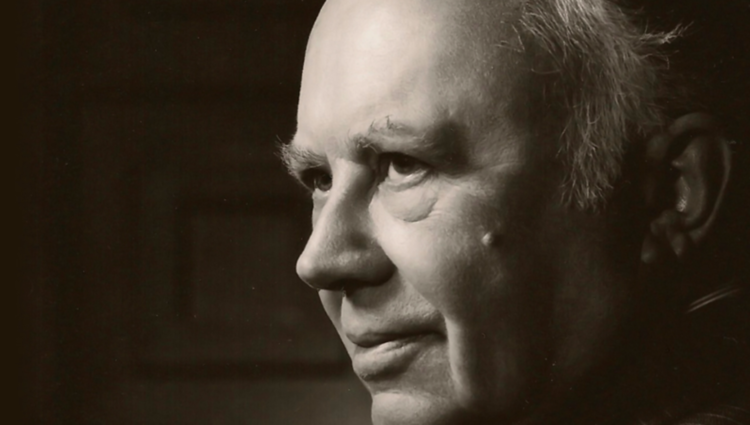Imaginative Origins of Modernity: Life as Daydream & Nightmare
Although modernity contains other and contrasting elements, it may be permissible to call the new type of person simply “modern man.” His demeanor is very different from that of premodern man. Far from discounting the opportunities of a worldly existence, this person entertains great expectations… Today’s offering in our Timeless Essay series affords our readers [...]


